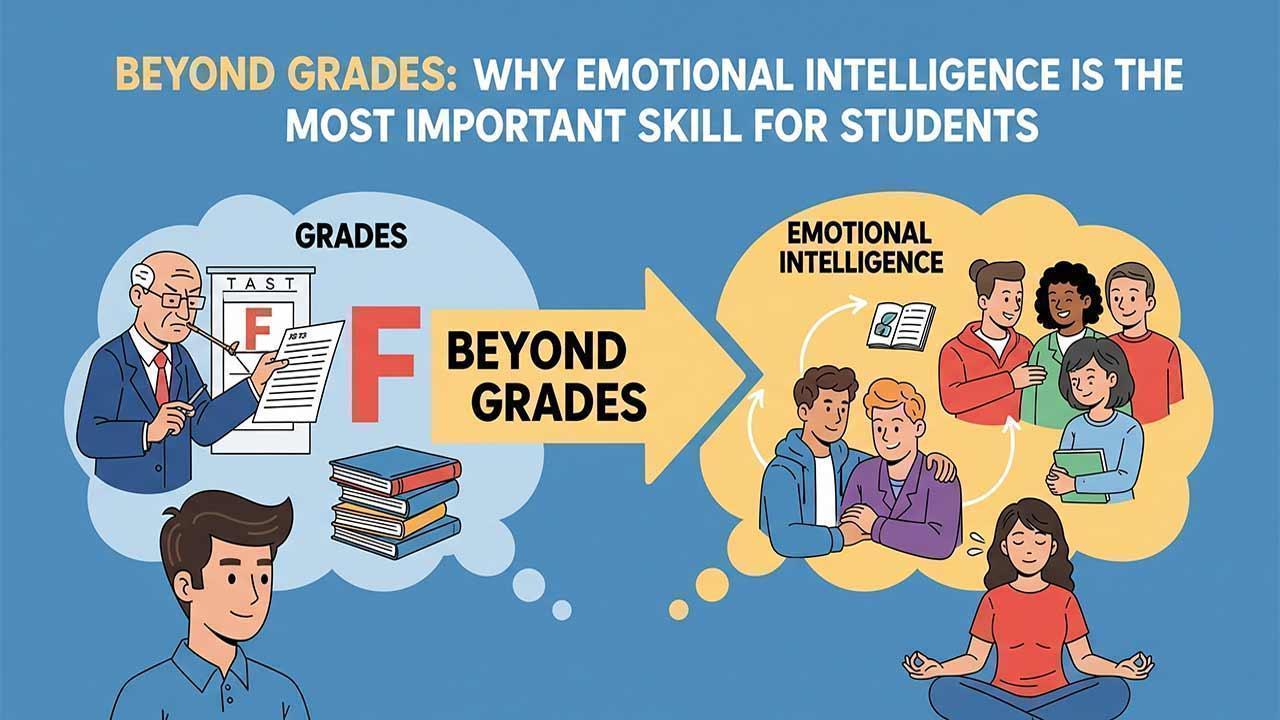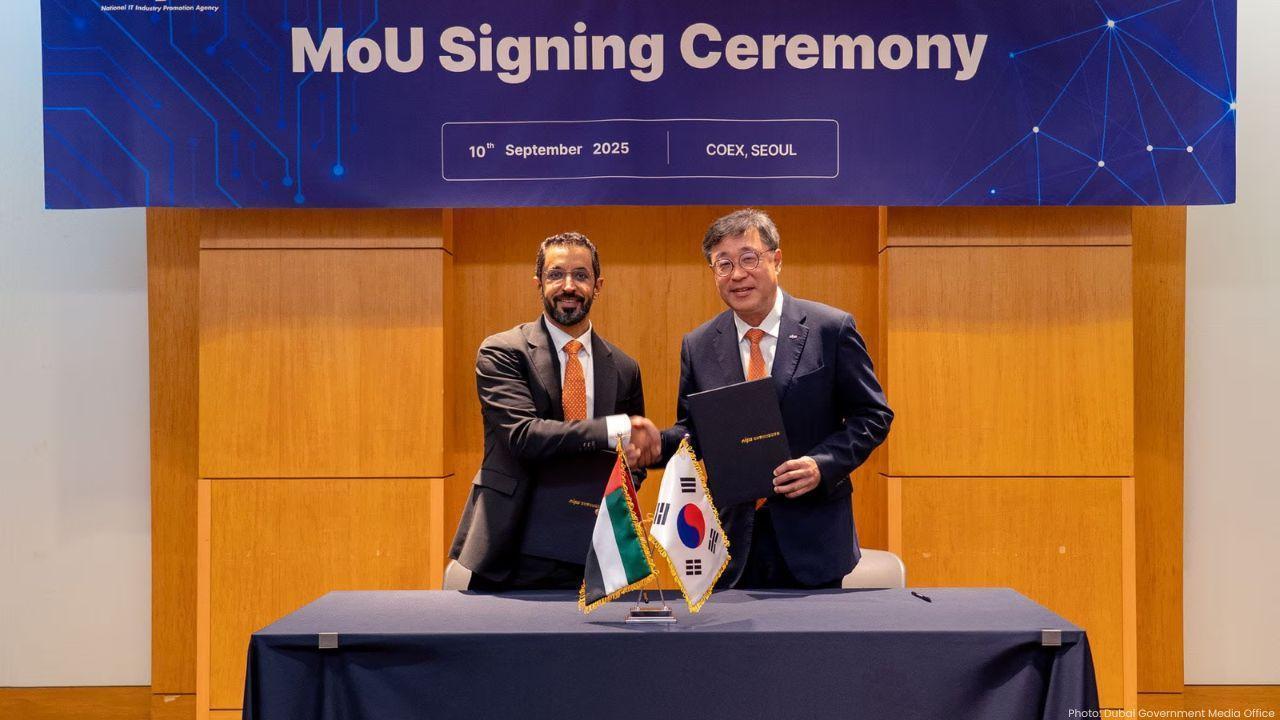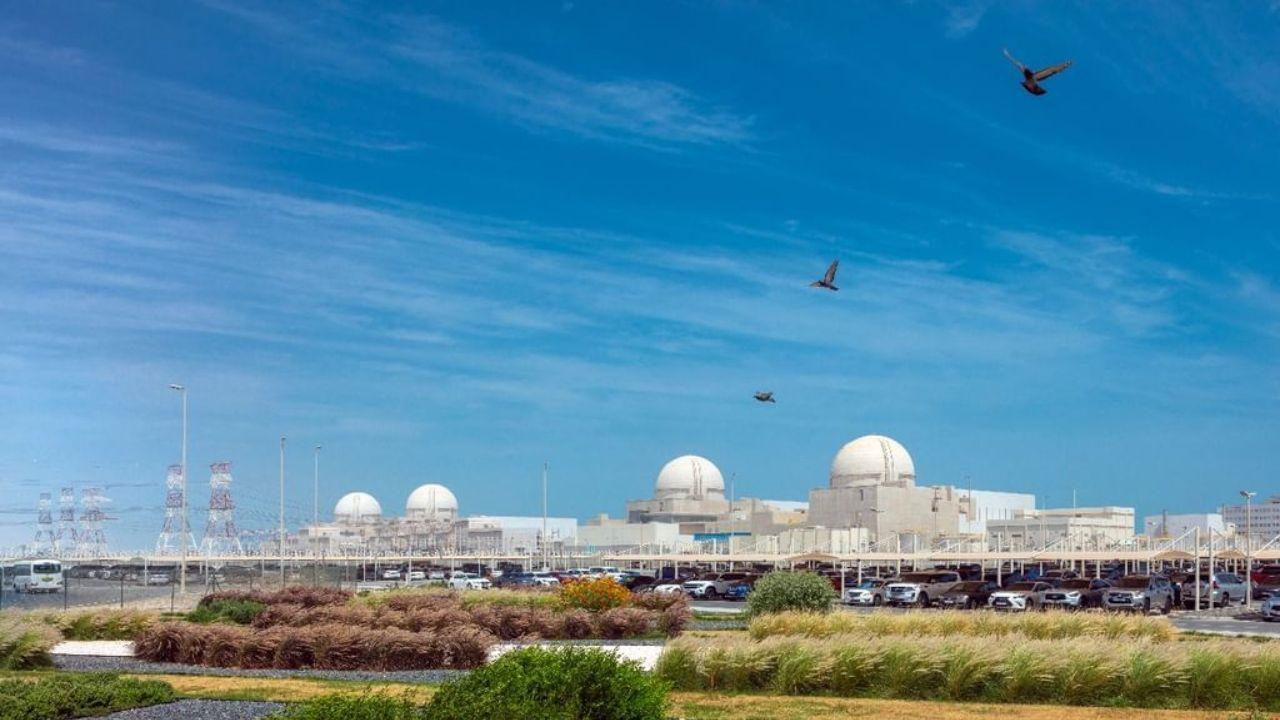
Post by : Luxmi Verma
In a world that values speed and instant gratification, patience often feels like an outdated virtue. Yet, the science behind the power of patience and its benefits reveals that this timeless quality is essential not just for emotional well-being but also for long-term success in many areas of life.
Patience is more than just waiting calmly—it’s a complex psychological skill that affects how we manage stress, make decisions, and build relationships. Recent studies have begun to uncover how patience impacts our brain, behavior, and overall health, making it a powerful tool we can develop and harness.
From a neuroscientific perspective, patience involves several regions of the brain responsible for impulse control, decision-making, and emotional regulation. The prefrontal cortex—the area behind your forehead—is especially important. It helps you pause, reflect, and choose a thoughtful response over immediate reaction.
Research shows that people who practice patience exhibit lower levels of stress hormones like cortisol. This biological advantage helps explain why patient individuals tend to handle pressure better and make wiser choices, even in challenging situations.
One fascinating study published in the Journal of Positive Psychology found that patients who scored high on patience scales also reported greater life satisfaction and happiness. This suggests that the ability to wait and endure frustration isn’t just a coping mechanism—it actively contributes to a fulfilling life.
The power of patience plays a crucial role in decision-making. Impatience often leads to rushed choices, impulsive spending, or poor relationship management. Conversely, patient individuals tend to evaluate options carefully and think about long-term consequences.
For example, in financial behavior, people with more patience are more likely to save money and invest wisely, resisting the lure of instant rewards. Similarly, in careers, patience helps in setting realistic goals, persisting through setbacks, and achieving meaningful progress.
By understanding the science behind the power of patience and its benefits, we realize that it is a skill that can be practiced and strengthened, leading to better outcomes across life’s domains.
Patience is closely tied to emotional regulation. When faced with frustration or delay, a patient person is less likely to react with anger or anxiety. Instead, they practice tolerance and understanding.
This emotional resilience can reduce feelings of burnout and depression. According to psychologists, cultivating patience can improve empathy and strengthen relationships, as it encourages listening and understanding rather than immediate judgment.
Mindfulness meditation is one scientifically backed method to increase patience. It trains the brain to be present and reduces impulsive reactions, making patience more accessible.
The benefits of patience extend well beyond emotional calm. Here are some key advantages supported by research:
These benefits illustrate that patience isn’t passive waiting but an active, empowering way to navigate life.
Given the clear advantages, cultivating patience is worth the effort. Here are some practical tips:
By integrating these habits, you can strengthen the natural capacity for patience and enjoy its benefits more fully.
This article is for informational and educational purposes only. It does not constitute medical, psychological, or professional advice. Always consult with a qualified healthcare or mental health professional before making changes to your emotional well-being or behavioral practices.

Beyond Grades Why Emotional Intelligence is the Key to Students Success
Discover why emotional intelligence matters more than grades helping students succeed manage emoti

Chinese Woman Pays Rs 27 Lakh After Boyfriend’s Death
A Chinese woman pays Rs 27 lakh to her boyfriend’s family after he jumped from her moving car during

DMCC Partners with Korea’s NIPA to Boost AI & Startups
DMCC signs a strategic deal with Korea’s NIPA to expand AI, tech startups, and trade opportunities b

Sheikh Hazza Receives Abu Dhabi Heritage Authority Delegation
Sheikh Hazza meets Abu Dhabi Heritage Authority to discuss projects preserving Al Ain’s heritage, cu

Global Banking 2025: Transformations, Challenges, and UAE’s Strategic Role
Transformations, Challenges, and UAE’s Strategic Role

Tina Charles Wins Dawn Staley Award, Inspires Beyond Court
Tina Charles wins Dawn Staley Award for her leadership and community work. Her Hopey’s Heart Foundat

Google AI Plus: Affordable Access to Advanced AI Tools
Google launches AI Plus, a budget-friendly subscription offering Gemini 2.5 Pro, video tools, Worksp

Beyond Grades Why Emotional Intelligence is the Key to Students Success
Discover why emotional intelligence matters more than grades helping students succeed manage emoti

Global Banking 2025: Transformations, Challenges, and UAE’s Strategic Role
Transformations, Challenges, and UAE’s Strategic Role

Israel Launches Airstrikes on Yemen — 35 Dead, Over 130 Injured in Sanaa and Al Jawf
Emergency teams rush to rescue survivors as strikes hit military sites, fuel depots, and residential

Charlie Kirk Shot Dead at Utah University During Speech
Charlie Kirk, Turning Point USA founder, was shot dead at Utah Valley University. Chaos erupted as t

UAE President Hosts Ceremony for New Ambassadors
UAE President Sheikh Mohamed bin Zayed attends swearing-in of UAE ambassadors and receives credentia

UAE Civil Aviation Soars Airports Flights and Economic Impact
UAE’s civil aviation sector grows rapidly with world-class airports, international routes, cargo job

Barakah Nuclear Plant Completes One Year of Full UAE Power Supply
Barakah Nuclear Plant marks one year of full operations, providing 25% of UAE electricity and cuttin

GCC launches unified 2025 guideline to boost investor relations
A new GCC-wide 2025 Investor Relations Guideline aims to unify practices, strengthen transparency an